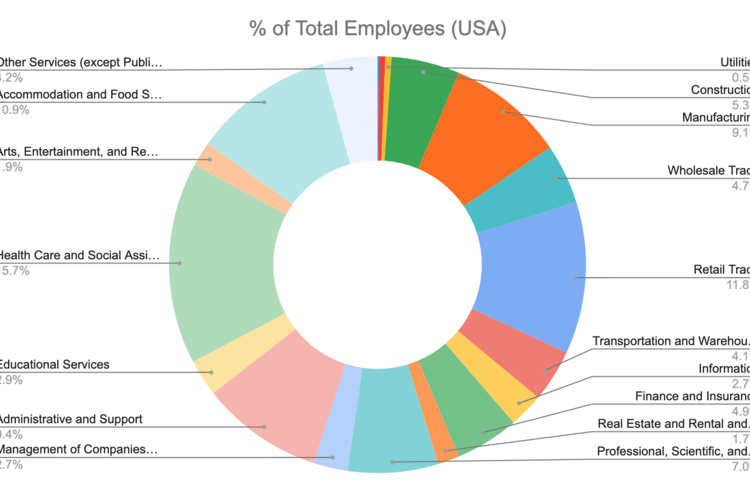AI agents are taking over tasks and changing the way we work
- Autonomous AI agents could replace white-collar job functions
- AI agents can perform tasks such as generating sales leads and writing code
- AI agents are more advanced in some domains than others
- AI agents like Alice and Devin are already being used in sales and coding
- AI agents can work 24/7 with no human supervision
- AI agents use AI platforms to improve their performance
- Human oversight is still necessary for AI agents
- AI agents can make humans more productive and potentially eliminate some jobs
Autonomous artificial-intelligence (AI) agents have the potential to replace white-collar job functions, such as generating sales leads and writing code. These agents can perform tasks on our behalf, logging into accounts, communicating via text and voice, and even writing programs. While AI agents are more advanced in some domains than others, they are already having a big impact on coding and sales. For example, AI agent Alice can research potential clients, send emails, and even make phone calls without human supervision. Similarly, AI agent Devin can complete coding tasks and build apps with minimal human input. However, human oversight is still necessary to monitor and redirect AI agents when they fail or go astray. The use of AI agents can make humans more productive and potentially eliminate some jobs. In the future, virtual employees may not need human supervision at all, and people will act as supervisors for these AI agents. While the full implications of AI agents in the workplace are yet to be realized, it is clear that they are changing the way we work and have the potential to revolutionize various industries.
Factuality Level: 3
Factuality Justification: The article discusses the potential impact of autonomous AI agents on various industries, providing examples of companies and their AI technologies. It includes quotes from industry experts and CEOs, as well as details on specific AI agents like Alice and Devin. However, the article lacks in-depth analysis and critical evaluation of the technology, and it presents a very optimistic view without discussing potential drawbacks or limitations. The article also includes some sensationalism and exaggerated reporting, such as comparing the impact of AI on companies to the biggest thing that’s ever happened.
Noise Level: 3
Noise Justification: The article provides a detailed analysis of the potential impact of autonomous AI agents on various industries, particularly in sales and coding. It includes examples of companies and individuals working in this field, as well as the challenges and controversies surrounding the development of AI agents. The article stays on topic and supports its claims with evidence and examples. However, it could benefit from more critical questioning of the implications and risks associated with widespread adoption of AI agents.
Financial Relevance: Yes
Financial Markets Impacted: The article discusses the potential impact of autonomous AI agents on various job functions, including sales and coding. This could have implications for companies in the technology sector, such as Box, Asana, Cognition Labs, and 11x, as well as other industries that rely on these job functions.
Presence Of Extreme Event: No
Nature Of Extreme Event: No
Impact Rating Of The Extreme Event: No
Rating Justification: The article primarily focuses on the potential impact of AI agents on job functions and does not mention any extreme events.
Public Companies: Box (BOX)
Private Companies: Cognition Labs,Asana,11x
Key People: Aaron Levie (CEO of Box), Elad Gil (Investor in Cognition Labs), Dustin Moskovitz (CEO of Asana), Hasan Sukkar (CEO of 11x), Scott Wu (CEO of Cognition Labs)
Reported publicly:
 www.wsj.com
www.wsj.com 





